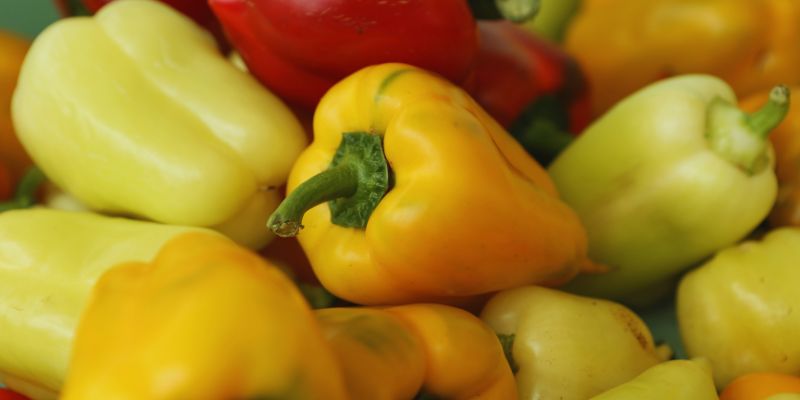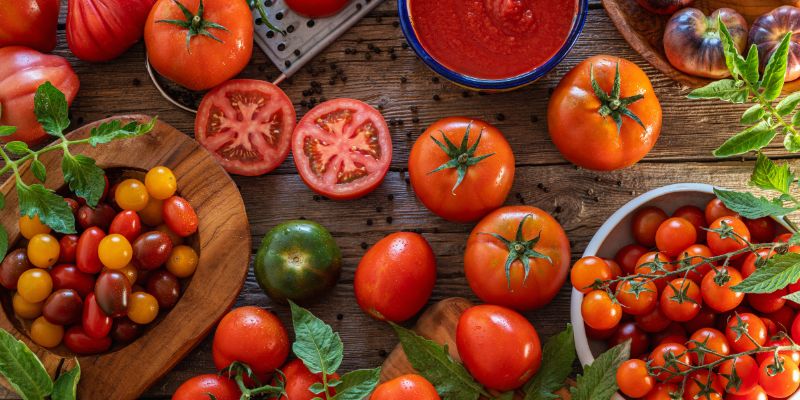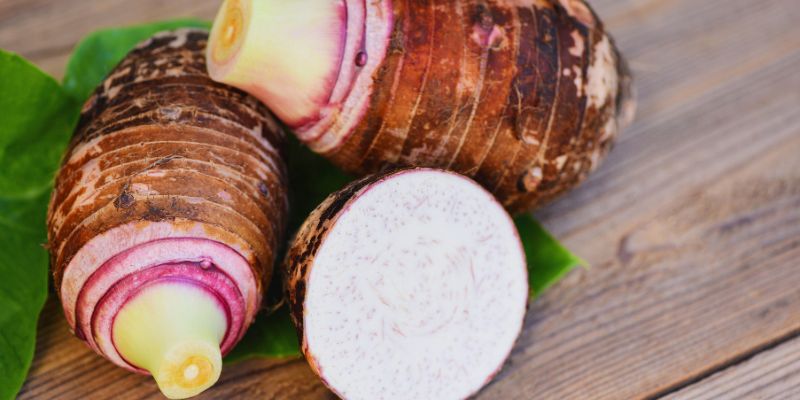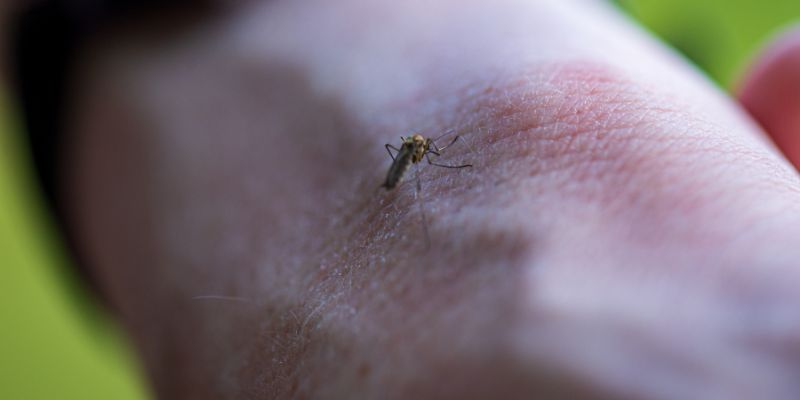Has your stomach hurt ever after a meal? Among the several persons impacted by lectins, may you be one of them? Some people find these naturally occurring proteins in many foods difficult for the digestive system. Although plants defend themselves with lectins, some varieties could cause difficulties, including bloating, gas, and poor nutritional absorption. Many health buffs are beginning to focus on how lectins affect their wellness.
This guide will explore the realm of lectins, with particular attention to foods abundant in these proteins and how they could compromise your health. Knowing the function of lectins will enable you to choose foods with knowledge, improving digestion and general health. Let's walk over how to negotiate a lectin-conscious diet for a better, happier you!

Which Foods Are High in Lectins?
Many often-consumed foods have lectins. Some particularly high in these proteins are shown here.
- Beans and Lentils: Beans and lentils, particularly raw or undercooked kinds, abound in lectins. High lectin levels in kidney beans, for instance, can induce nausea. Cooking and soaking beans can, therefore, reduce their lectin concentration. However, incorrectly cooked beans can cause problems.
- Peanuts: Peanuts are popular but notable for their lectin content. Unlike other nuts, peanuts contain lectins that might cause sensitive people to become inflamed. For certain people, peanut intake may be connected to problems with digestion. Think about choosing different nuts, such as almonds, to cut lectins.
- Whole Grains: Lectins abound in whole grains, including wheat, barley, and quinoa, particularly in the outer layers. Although grains are healthy, lectins can impede nutrient absorption. Reducing whole grains might help those with sensitivity avoid stomach trouble. Thorough cooking of grains also helps reduce lectin levels.
- Nightshade Vegetables: Nightshade vegetables, including potatoes, peppers, and tomatoes, are heavy in lectins, especially in their skins and seeds. For others, these vegetables could aggravate their intestinal lining. Eliminating the skins and seeds or boiling these vegetables will help lower the lectin count.
- Dairy Products: Dairy products, particularly those from grain-fed animals, can contain lectins. Possibly because of lectins, some people find dairy difficult to digest. If you're sensitive, consider going with grass-fed dairy products since they can have fewer lectins.
- Corn: Corn is another popular food high in lectins. For those with lectin sensitivity, corn's lectins can aggravate problems. Additionally, corn is high in starch, which could influence blood sugar. Those who have trouble digesting could find relief from limiting corn intake.
Why Are Lectins Considered Harmful?
Lectins are considered dangerous for numerous reasons, especially their possible effects on digestion and general health. These proteins link to carbs, which may impede intestinal nutrition absorption. Certain lectins, taken in large doses, can upset the gut lining and cause inflammation and digestive problems like diarrhea, bloating, and gas. This inflammation might be a factor in a disorder called "leaky gut syndrome," in which the intestinal barrier opens up.
Moreover, some lectins can cause an immunological reaction, aggravating sensitive people even more. For people with pre-existing medical disorders such as autoimmune illnesses or irritable bowel syndrome, this reaction can aggravate symptoms. Reducing the intake of high-lectin foods may thus assist in relieving digestive problems and encourage better gut health, improving general well-being. Knowing the consequences of lectins helps people to choose their diets with knowledge.

How to Reduce Lectin Content in Foods?
Below are effective strategies for reducing lectin content in foods, which can help minimize digestive discomfort and improve nutrient absorption.
- Soaking and Sprouting: Reducing lectin levels requires soaking and sprouting seeds, grains, and beans. This mechanism breaks down lectins, facilitating food digestion. To eliminate remaining lectins, thoroughly rinse soaked foods before cooking.
- Pressure Cooking: Pressure cooking effectively breaks down the lectins in beans and legumes. More than with other cooking techniques, a pressure cooker can neutralize lectins. This approach provides a quick means to lower lectin content in high-lectin meals.
- Fermentation: Because proteins break down in fermented meals, their lectin content is decreased. Good bacteria, encouraged by fermentation, break down lectins and other molecules. Made from fermentable vegetables, foods like sauerkraut or kimchi have helpful probiotics and less lectins.
- Peeling and Deseeding: Peeling and deseeding can help reduce lectin consumption since lectins are sometimes abundant in vegetable skins and seeds. This approach makes nightshade veggies more readily digestible.
- Choose Low-Lectin Foods: Emphasize foods that are naturally low in lectins, such as sweet potatoes, leafy greens, and grass-fed meats. These choices offer vital nutrients without the digestive burden connected with foods heavy in lectins.
Foods Naturally Low in Lectins
Here are some of the foods that are naturally low in lectins:
- Leafy Greens: Low lectin levels abound in leafy greens, including kale and spinach. They are mild in the digestive tract and packed in nutrients. These greens can be a safe basis for salads and dinners without making one bloated.
- Cruciferous Vegetables: Cruciferous vegetables such as Brussels sprouts, cauliflower, and broccoli are low in lectins. They are quick-to-cook, flexible, nutrient-dense vegetables. They also contain fiber, which improves digestive health without the pain linked to lectins.
- Sweet Potatoes: For individuals avoiding lectins, sweet potatoes are a fantastic substitute for nightshades. They provide minerals, vitamins, and fiber without the concern of lectins. Sweet potatoes baked or steamed make a delicious, low-lectin accompaniment to dishes.
- Grass-Fed Meat: Since the animals eat low-lectin diets, grass-fed meat has fewer lectins than grain-fed meat. For people sensitive to lectins, this meat alternative is healthy and simpler to break down. Among grass-fed choices are chicken, lamb, and beef.
- Coconut Products: Highly adaptable and free of lectins, coconut products include coconut milk and coconut flour. These goods provide good fats and taste and are good for baking and cooking. Moreover, coconuts help digestion and are free from negative effects connected to lectin.
Conclusion:
In conclusion, informed dietary decisions depend on knowing lectins and how they affect health. Though there are good strategies to lower their amounts in your diet, high-lectin foods might cause digestive problems and other health problems. You'll be able to consume more comfortably and balance by soaking, sprouting, pressure cooking, and selecting low-lectin substitutes. Including foods like sweet potatoes, leafy greens, and grass-fed meats will help your health and cut lectin intake.













